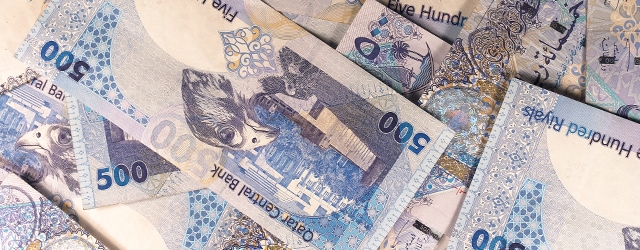Qatar | Country Report

It owns London’s tallest building, the Shard, and luxury department store Harrods, and in its latest London venture the Qatar Investment Authority made a bid in November for the owner of Canary Wharf, one of the city’s major financial districts. The QIA, one of the world’s largest sovereign wealth funds with $170 billion of assets, was initially rebuffed, but regardless of the outcome of the deal, it has other fish to fry.
QIA chief executive Ahmad Mohamed Al-Sayed announced in Beijing shortly before the London bid that the sovereign wealth fund planned to partner with China’s Citic Group to invest $10 billion in Asia in the next five years. Al-Sayed said Qatar’s investments across Asia in healthcare, infrastructure and real estate could reach $20 billion in the next five years as it diversifies its assets away from Europe. Earlier this year, the QIA said it would invest $5 billion in Malaysian petrochemical projects in the next three to four years.
News of the Citic deal broke just as Qatar’s emir, Tamim bin Hamad Al Thani, left on a visit to China. Meanwhile, the People’s Bank of China announced a $5.7 billion bilateral currency swap line with Qatar, enabling it to become the first Middle East clearing hub for the renminbi, via Industrial and Commercial Bank of China’s Doha branch.
Qatar already is China’s biggest supplier of liquefied natural gas, and it knows that “China will be the main area of growth for future gas consumption,” says Jason Tuvey, Middle East economist at Capital Economics.
Qatar’s use of its natural gas wealth to invest overseas through its sovereign wealth fund gives it the political clout of much larger nations. Its basic foreign policy is to be friends with everyone, but some countries’ friends are other countries’ enemies.
Doha’s links with Islamist groups, for example, have alienated neighboring Saudi Arabia. The Saudis want Qatar to end all financial support for the Muslim Brotherhood, which the kingdom has labeled a terrorist organization.
Meanwhile, Qatar’s minister of Economy and Trade, Ahmed bin Jassim bin Mohammad Al Thani, led a delegation of businessmen and CEOs of Qatari companies to Iran in late October. Qatar Primary Materials signed a memorandum of understanding to import sand and crushed rock from an Iranian company to facilitate Doha’s building boom.
Also in October, Qatar chemicals and fertilizer company Qafco signed a contract with NIIK, a Russian engineering and technology company, for a pilot plant to produce granular fertilizers that are in demand in developed countries. Qafco is the world’s largest single-site producer of urea and ammonia.



